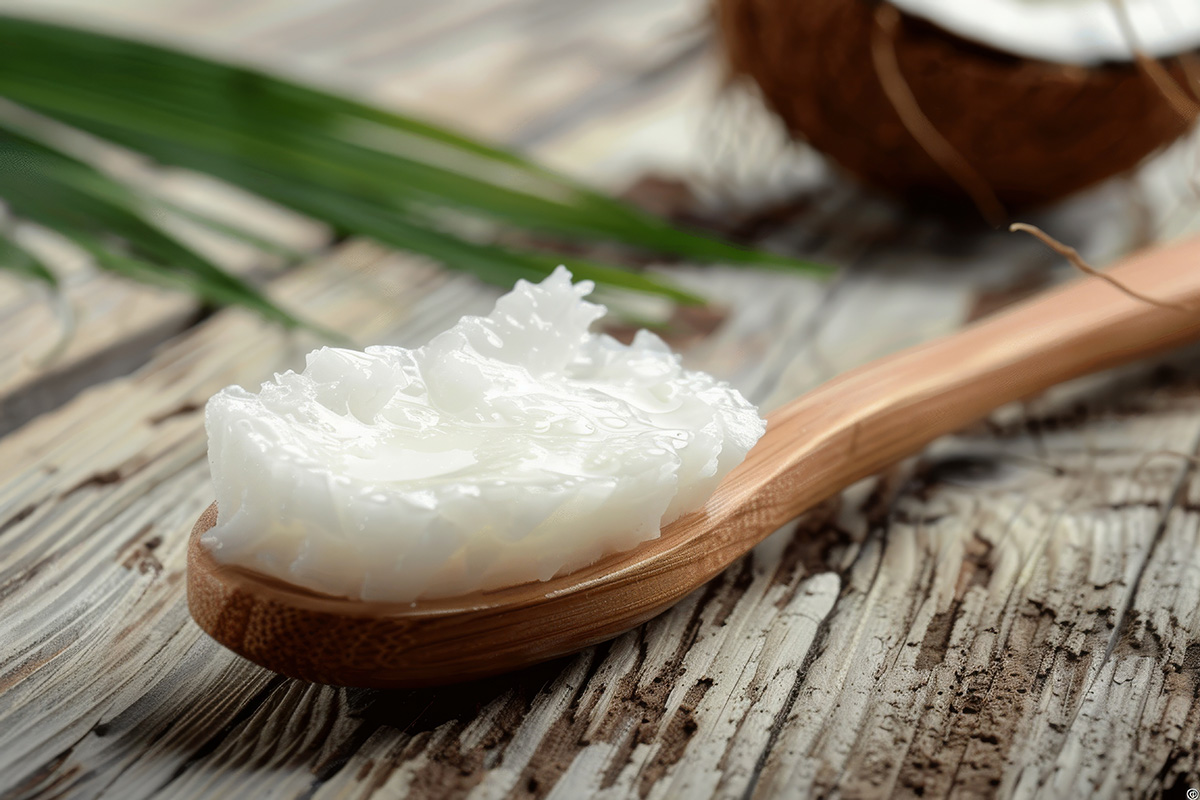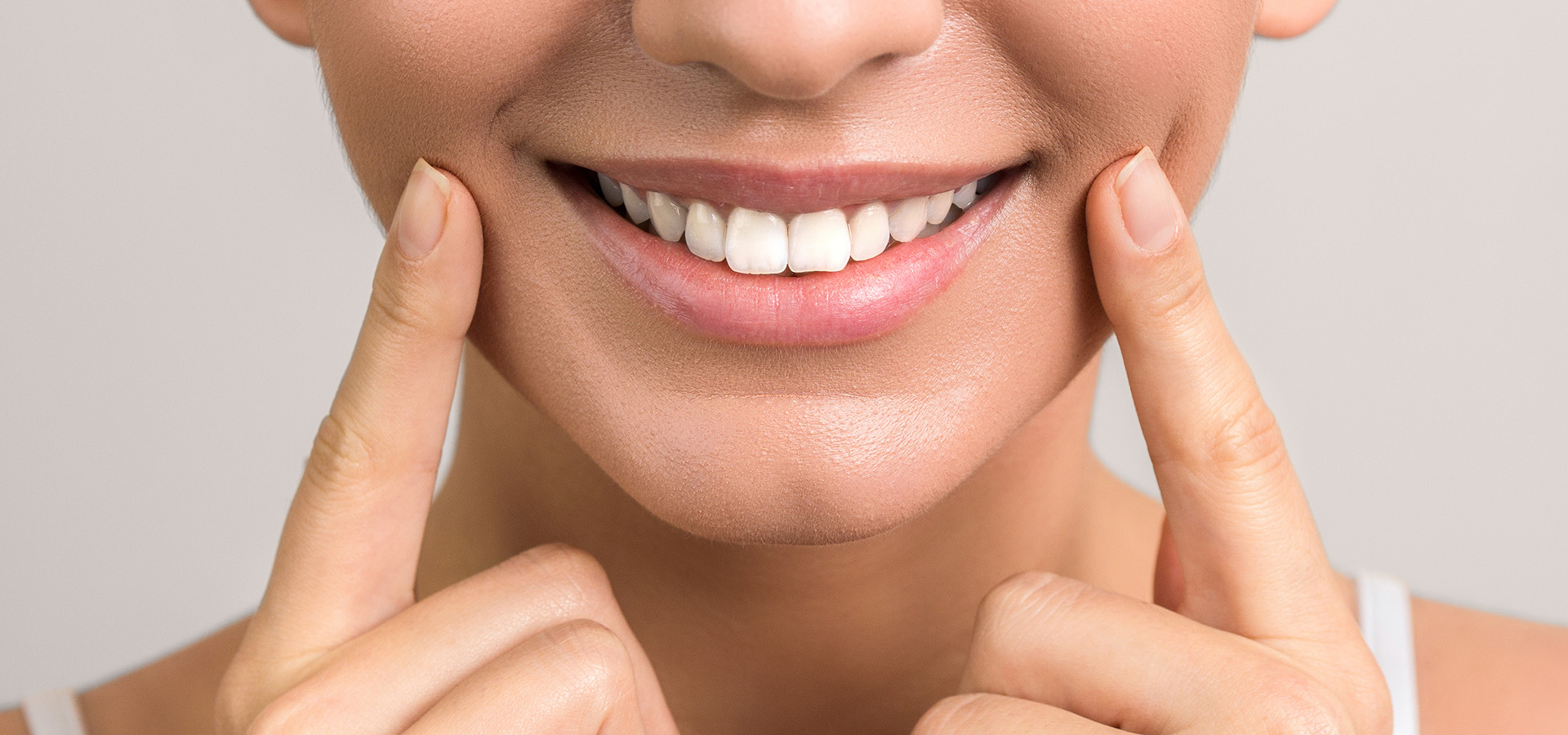In the gentle wisdom of Traditional Chinese Medicine (TCM), the body is seen as an interconnected whole, where balance and harmony guide our health. This philosophy reminds us that “Body, mind and spirit are one”—a truth that extends to the relationship between oral health and overall well- being. In Western medicine, the Mouth to Body Connection is a growing field of research, yet in TCM, this understanding has been woven into healing practices for thousands of years. From an energetic perspective, the mouth is not just an entryway for food and breath; it is a gateway to our internal landscape, reflecting imbalances that can manifest in distant parts of the body. Let’s explore this connection through the lens of ancient wisdom and modern insight.
The Mouth: A Mirror to Internal Health
TCM views the mouth as a reflection of internal health, offering clues about the state of the digestive system, immune function, and even emotional well-being. The tongue, for example, is one of the most important diagnostic tools in TCM. Its color, shape, coating, and texture reveal valuable information about the body’s internal state. A swollen tongue may indicate dampness or spleen deficiency, while a red tongue with little coating could signal excess heat or yin deficiency. Similarly, gum health is linked to the stomach and kidneys, and persistent mouth ulcers may point to disharmony in the heart or spleen meridians.
This ancient perspective aligns with modern research on the Mouth to Body Connection. According to Healthy Roots Tulsa, oral health plays a crucial role in overall wellness. Poor oral hygiene has been linked to systemic inflammation, cardiovascular disease, and even complications in pregnancy (Healthy Roots Tulsa). What TCM has known for centuries is now being validated by contemporary science: the health of the mouth influences the well-being of the entire body.
The Discovery of the Mouth to Body Connection
While Traditional Chinese Medicine has long acknowledged the profound interconnection between the mouth and the body, Western science has only recently begun to understand its full significance. When you go to the doctor’s office, and she asks you to open wide so she can peer into your mouth with that tiny little light, she’s not just looking for swollen glands and throat redness. In a study by Healthy Roots Tulsa, researchers have found that conditions such as periodontitis (gum disease) are not just localized infections but indicators of deeper systemic imbalances. The presence of harmful bacteria in the mouth can lead to inflammation throughout the body, contributing to diseases such as diabetes, heart disease, and autoimmune disorders.
This discovery emerged through epidemiological studies and clinical research showing a direct link between oral health and chronic illness. Scientists have identified bacteria from the mouth in arterial plaques and joint tissues, demonstrating that oral pathogens can travel through the bloodstream and affect distant organs. These insights affirm what TCM has always emphasized: the body functions as an integrated system, where disturbances in one area inevitably impact the whole.
How Traditional Chinese Medicine Supports Oral Health

From a TCM perspective, maintaining oral health is not just about brushing and flossing—it involves cultivating harmony in the entire body. Here are some time-honored TCM approaches to supporting a healthy mouth and, by extension, overall well-being:
Nourish the Spleen and Stomach – In TCM, the spleen and stomach are responsible for digestion and nutrient absorption. Weakness in these organs can lead to bleeding gums, bad breath, and recurrent mouth ulcers. To strengthen the spleen and stomach, focus on warm, easily digestible foods such as congee, bone broth, and steamed vegetables. Avoid excessive cold, raw, and processed foods, which can weaken digestive fire.
Support Kidney Energy – The kidneys govern the health of the bones and teeth. If kidney energy is deficient, teeth may become weak, brittle, or prone to decay. Practices such as Qigong, acupuncture, and herbal formulas like Liu Wei Di Huang Wan can help nourish kidney essence and maintain strong teeth.

Reduce Internal Heat and Inflammation – Excess heat in the body can manifest as swollen, bleeding gums or frequent canker sores. Cooling herbs like honeysuckle, chrysanthemum, and dandelion root can help clear heat and soothe inflammation. Hydration is also key— drink plenty of room-temperature water and herbal teas to support fluid balance.
Balance Emotional Health – TCM recognizes that emotional stress affects physical health, including oral conditions. Chronic stress can lead to jaw tension, teeth grinding, and gum disease. Acupuncture, meditation, and mindful breathing can help release tension and restore inner harmony. Remember, “Tao to Wellness” is not just about treating symptoms—it’s about cultivating a state of balance in all aspects of life.
Western Methods of Cleaning the Mouth: A TCM Perspective
In modern dentistry, there are various approaches to maintaining oral hygiene, from chemical-based products to natural alternatives. While these methods help remove plaque and bacteria, TCM encourages mindfulness about how these substances affect the body’s internal balance.
Fluoride and Antibacterial Mouthwashes – Many commercial toothpastes and mouthwashes contain fluoride and antibacterial agents designed to kill harmful bacteria. While these may reduce cavities and gum disease, from a TCM perspective, excessive use of strong chemicals can create imbalance by disrupting the body’s natural microbiome. This could lead to dryness, heat accumulation, and even digestive disharmony.
Natural Toothpastes and Herbal Rinses – Herbal toothpastes containing ingredients like neem, licorice root, and clove align more closely with TCM principles. These herbs have been used for centuries to clear heat, reduce inflammation, and promote oral health without disturbing the body’s natural equilibrium.
Oil Pulling – An ancient Ayurvedic practice, oil pulling involves swishing coconut or sesame oil in the mouth to remove toxins. TCM views this as beneficial for removing dampness and supporting detoxification, particularly for those prone to excess phlegm or stagnation.

Tongue Scraping – A common practice in both Ayurveda and TCM, tongue scraping helps remove toxins that accumulate overnight. Since the tongue reflects the internal organs, this method supports digestion and prevents toxins from being reabsorbed into the body. As with any practice, be mindful of overusing methods of cleaning, as they could create other problems and negate the benefits.
Embracing the Wisdom of Integration
In today’s fast-paced world, it is easy to separate different aspects of health—treating the mouth as a separate entity from the rest of the body. But both ancient wisdom and modern science remind us otherwise. The Mouth to Body Connection is a beautiful example of how deeply intertwined our systems are, reinforcing the TCM principle that “Body, mind and spirit are one.” By caring for our oral health through a holistic lens, we not only protect our teeth and gums but also nurture our entire being.
If you find yourself feeling overwhelmed by the demands of daily life, remember that small, mindful choices—like nourishing your digestion, staying hydrated, and practicing self-care—are powerful steps toward wellness. The journey to health is not about perfection but about balance, listening to the body’s wisdom, and embracing a path of gentle healing. Let your smile be a reflection of your inner harmony, and may your journey toward well-being be guided by the wisdom of both ancient traditions and modern understanding.

